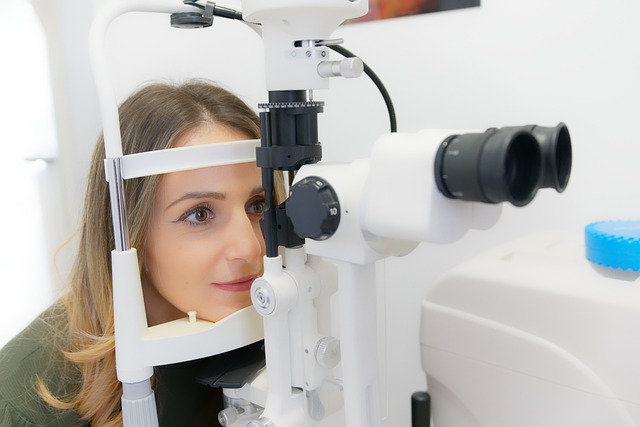Optometrists in Melbourne typically need to complete a minimum of five years of postgraduate training before they can become registered and practice. During their education, optometrists are trained to diagnose ocular diseases and disorders, prescribe corrective lenses, provide contact lenses, provide low vision rehabilitation services, and advise on eye care.
Training consists of theoretical and practical components, and students must undertake clinical placements in a variety of hospital, university, government, and private settings. In addition to learning about anatomy and physiology, optometrists study optics, ocular diseases and pharmacology. They also receive instructions on how to use diagnostic equipment such as ophthalmoscopes, lensometers, and auto-refractometers.
After graduating, optometrists in Melbourne must register with the Optometry Board of Australia (OBA) to practice legally. To maintain registration, they are required to undertake a minimum number of continuing education credits each year and keep up to date with developments in optometric knowledge and best practices. The OBA also requires optometrists to be familiar with the National Code of Conduct for Health Care Workers.
Optometrists in Melbourne work closely with other healthcare professionals, including general practitioners, ophthalmologists, and orthoptists. They provide comprehensive eye care services such as conducting health screenings, prescribing eyeglasses and contact lenses, diagnosing and treating eye diseases and conditions, prescribing medications, performing vision therapy, and providing pre- and post-operative care for vision correction surgery.
In addition to their formal training in optometry, an optometrist in Melbourne will have access to a wide range of continuing education opportunities. These may include seminars, conferences, workshops, webinars, online courses, and hands-on training. By taking advantage of these opportunities, optometrists can stay up to date on the latest research, treatments, and technologies in their field, helping them to provide the best possible care for their patients.
Optometrists may also pursue additional certifications or specialisations in areas such as glaucoma, contact lenses, pediatrics, vision therapy, or low vision rehabilitation. These certifications are granted by the Australasian College of Optometry (ACO) or the American Academy of Optometry (AAO). By gaining these certifications, optometrists can demonstrate their commitment to providing the highest quality of care.
Whether you want to become an optometrist in Melbourne or are just interested in the experience of your local professional, it is important to understand the type of training optometrists have.
Generally, a bachelor’s degree in ophthalmology or opticianry is required to be accepted into optometry school.
In Melbourne, optometrists are required to complete an accredited program at a university or college.
To become a licensed optometrist in Melbourne, applicants must pass an examination given by the Australian Health Practitioner Regulation Agency (AHPRA). After completing the licensing process, optometrists must renew their licenses every two years.
How Does This Compare to Other Medical Fields?
Well, the training requirements for optometrists in Melbourne are much less demanding than those of other medical fields.
For example, students who wish to become doctors must complete four years of medical school plus three to seven years of residency training. This is significantly more than an optometry program.
Furthermore, doctors must pass a series of exams administered by the Medical Board of Australia to practice. For optometrists, these tests are not always required.
In conclusion, optometrists in Melbourne have less stringent requirements for licensing and education than those of other medical fields, such as doctors. However, this doesn’t by any means indicate that optometrists are unqualified to practice. Optometry programs require students to take rigorous courses in anatomy, physiology, pharmacology and optics to be able to accurately assess and diagnose conditions. Therefore, your optometrist will have completed many years of training as well as various other courses and classes!







